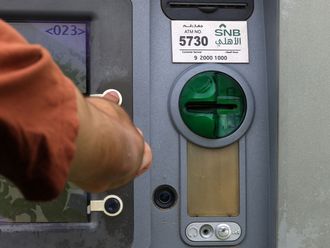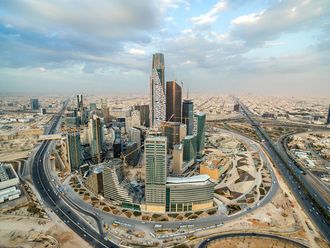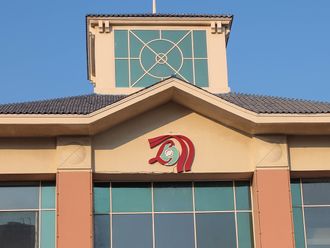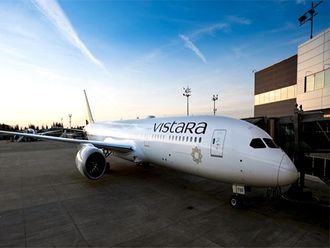Abu Dhabi: Emirates Steel, the largest single integrated steel producer in the UAE, registered an increase in finished products production of 17.5 per cent in 2010 compared to the previous year. Product sales increased significantly by 120 per cent.
According to figures released by the company, rebar production increased by 7.5 per cent in 2010 compared to 2009, while the output of wire rod went up by a significant 64.5 per cent.
Billet production increased by 150 per cent in 2010 compared to the last three quarters of 2009; while the production of direct reduced iron (DRI) went up by 640 per cent in 2010, compared to the last quarter of 2009.
Emirates Steel’s melt shop commenced production in March 2009, while the direct reduction plant was commissioned in October 2009.
“These are significant increases in our production and sales volumes considering the challenges faced in our local and regional markets,” said chief executive Gregor Munstermann.
“The construction sector is the primary consumer of our rebar and wire rod products,” he added. “Our objective is to be one of the leading regional companies in steel making. To reach this goal, we are working hard to eliminate bottlenecks in production; like most steel makers, we have to operate our facilities at or near full capacity to make an acceptable profit,” he pointed out.
The company sells around 80 per cent of its finished products in local markets, while the balance is exported to Jordan, Saudi Arabia, Kuwait, Oman, India, China, the Far East and Pakistan.
Mubarak Al Khaili, Emirates Steel’s vice-president of commercial strategy, believes that construction projects in the GCC region will be the key driver supporting the steel industry’s growth in 2011 and 2012, followed by oil and gas, petrochemicals and other infrastructure projects.
“Although some stability is returning to the GCC’s construction sector, with signs of a recovery already showing for 2011, we believe that infrastructure projects will accelerate the region’s recovery in the next couple of years,” said Al Khaili.
In fact, GCC governments are using surplus funds to finance infrastructure projects; Qatar alone has budgeted to spend more than $50 billion on the World Cup.
Housing and the other requirements of a growing population in the GCC, which is expected to reach nearly 125 million by 2050, will also absorb increased capacity in the region’s steel sector.
Further, the current upward trend in oil prices will encourage continued development and growth of the region and boost investments in oil and gas related industries, including petrochemicals.












